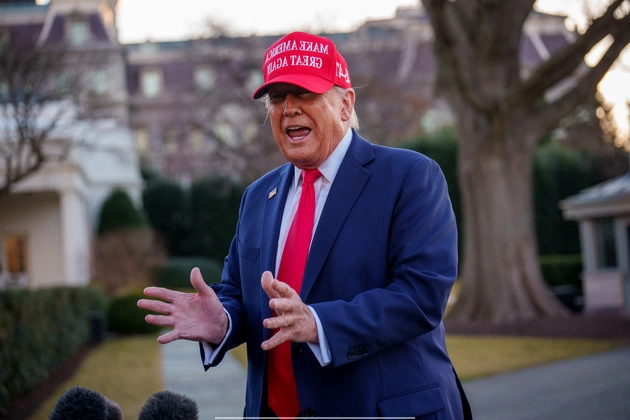
Trump's Pick for Panama Ambassador Sparks Controversy Over Canal Control
Donald Trump’s selection of Miami-Dade Commissioner Kevin Marino Cabrera as the ambassador to Panama has stirred up a heated debate, particularly due to the president’s persistent threats regarding the Panama Canal.
The Appointment of Kevin Marino Cabrera
On Wednesday, Trump announced on Truth Social that Cabrera would take on the role of the United States Ambassador to Panama. In his statement, Trump expressed his concerns about Panama’s alleged exploitation of the Panama Canal, emphasizing the strategic importance of the waterway.
Controversy Surrounding the Panama Canal
Trump’s vocal stance on reclaiming the Panama Canal has raised eyebrows, with many questioning the validity of his claims. Panamanian President José Raúl Mulino swiftly rejected Trump’s assertions, reaffirming Panama’s sovereignty over the canal.
The Panama Canal, a vital trade route historically controlled by the United States, was handed back to Panama in 1999 under the Torrijos-Carter Treaties. These agreements solidified Panama’s authority over the canal while allowing the U.S. to safeguard its neutrality.
Despite Trump’s rhetoric, experts argue that there is no legal basis for the U.S. to reassume control of the Panama Canal, highlighting the complexities of international agreements and historical context.
Senate Confirmation and Future Implications
It is important to note that Cabrera’s appointment is contingent upon Senate confirmation, adding another layer of scrutiny to the process. The outcome of this confirmation process could have significant implications for U.S.-Panama relations and the broader geopolitical landscape.
As the controversy unfolds, it remains to be seen how Trump’s pick for the Panama ambassador role will navigate the delicate balance of diplomatic relations and national interests.















